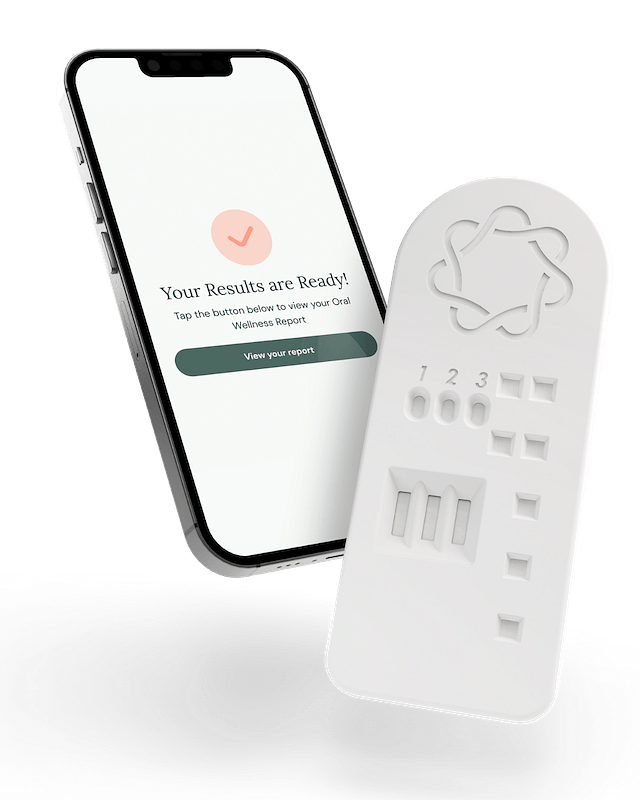Smarter oral
health for
stronger
communities
Employ salivary testing and data-
informed decision-making.
We are currently only selling test kits to licensed providers.

Every patient deserves the highest quality of care
Prevention made simple, health made strong

Value-based care
Help ensure that patients receive more efficient care that leads to better health and reduced healthcare costs.

AI-Driven Platform
Scalably assess your target populations and implement targeted interventions and initiatives.

Proven technology
Our platform has saved thousands of dollars in healthcare costs for medical and dental insurers, enhancing efficiency and delivering exceptional value.
Reducing healthcare costs through proactive prevention and improved accessibility. Our approach focuses on making healthcare more affordable while enhancing overall health outcomes for all.



Patient Metrics
Measure seven key biomarkers in minutes, no lab required.

Connecting the Dots
with Saliva Testing

Subscribe to our Newsletter